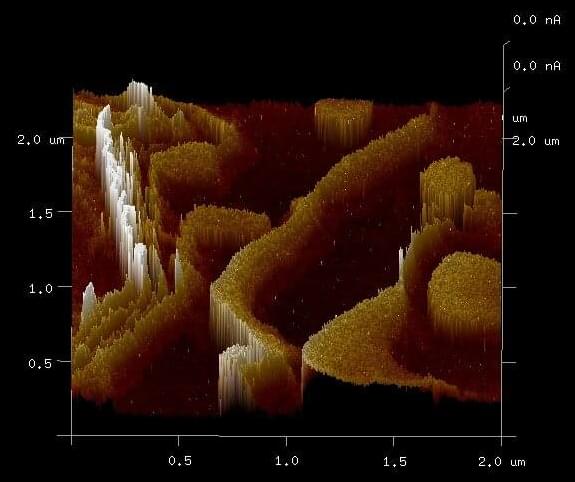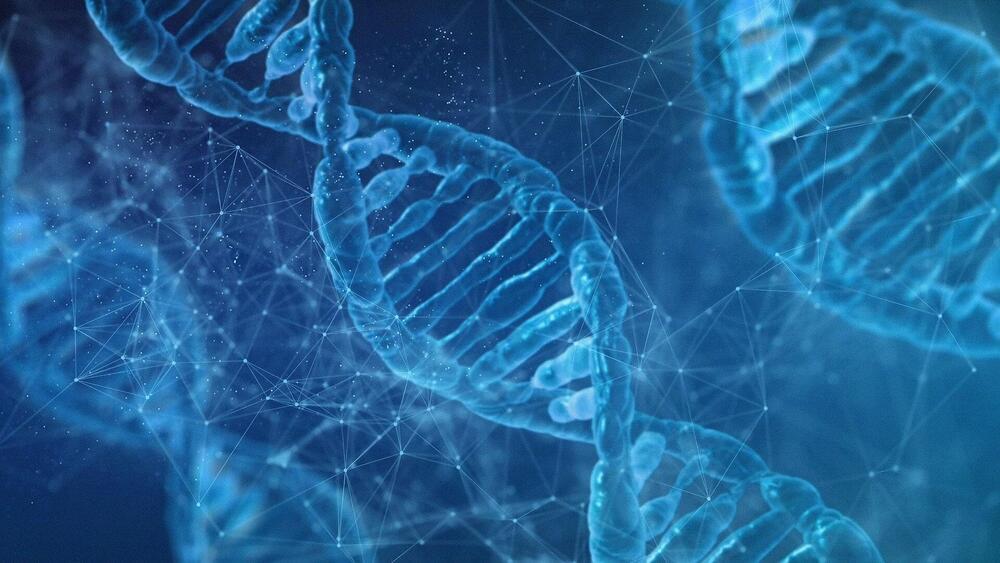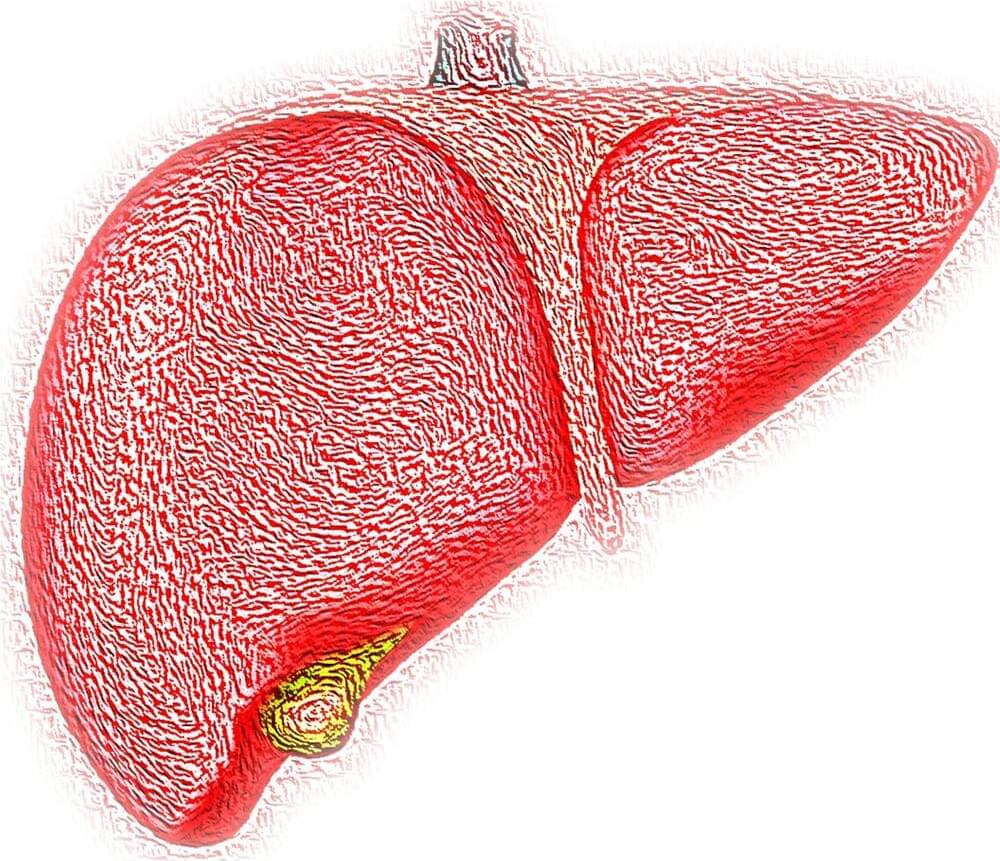In an organism, different kinds of cells carry out specific, specialized functions. Scientists can grow and study various types of cells in the lab. For a long time, a source of many of those cell lines were cancer samples that could be easily cultured over many generations. But those cells were not always representative of a particular cell type. Now, following huge breakthroughs, scientists learned how to create stem cells from adult skin cells. This has allowed scientists to utilize adult cells like those from the skin to create induced pluripotent cells (iPSCs), which can then be made into virtually any cell type.
The creation of so-called iPSCs was made possible through changing gene expression in cells, often with certain molecules or specialized proteins. Cells can also now be directly reprogrammed in some ways, without needing to bring them to a pluripotent state. The number of cell types that can be generated in this way is also expanding, bringing new insights into how specialized cells function.




